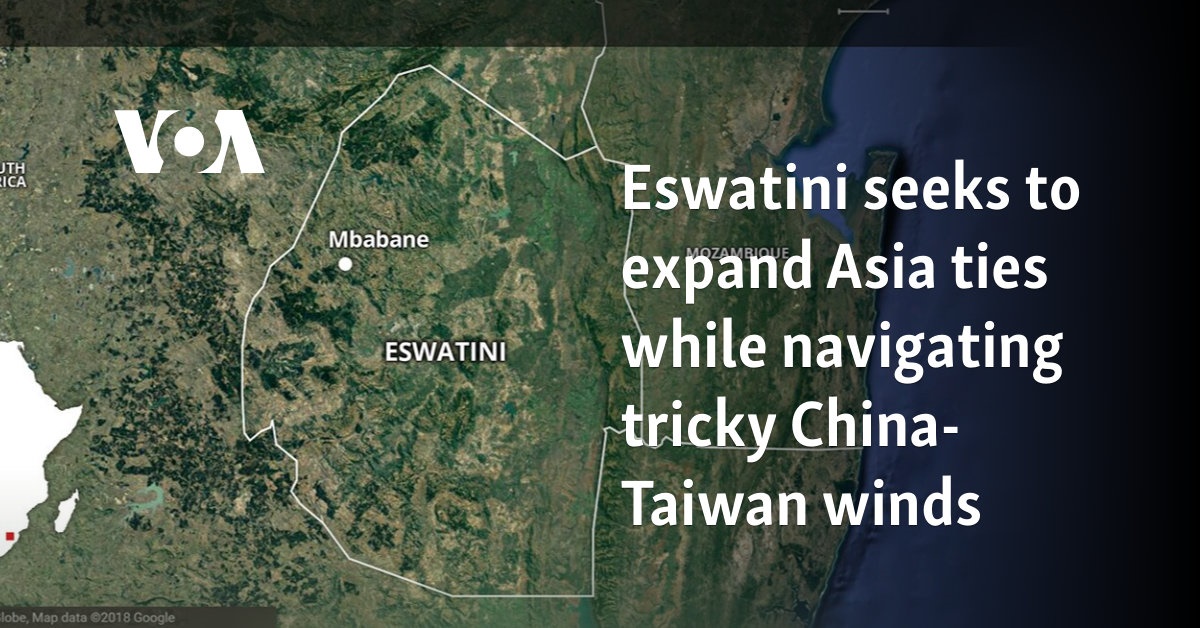Table of Contents
Georgia has been convulsed by bouts of street protests in recent years over the proposed law and other actions by the ruling Georgian Dream party that critics fear could consolidate its power and draw the country closer to neighboring Russia, a deeply unpopular move in the former Soviet nation where an overwhelming majority of the population supports joining the European Union. The law would require organizations that receive more than 20 percent of their funding from abroad to register as “agents of foreign influence,” and it is due for a final reading on May 13, despite public outcry and condemnation from the European Union and the United States. The protests have been met with violence and intimidation from security forces and unknown assailants, and the government appears determined to pass the law. The role of the unknown assailants has drawn comparisons to pro-government thugs known as titushki who were allegedly paid for by the embattled government of Viktor Yanukovych to cause disruption and attack protesters during the Ukrainian revolution in 2014. The ruling party has also accused the United States Agency for International Development of trying to foment a coup in the country, echoing similar allegations made by Moscow over the years. The Georgian government’s claims echo similar allegations made by Moscow over the years that have accused Washington of pulling the strings in a series of pro-democracy uprisings in the former Soviet Union known as color revolutions, including in Ukraine. The Georgian Dream has undermined the country’s hard-won democratic gains and poured salt on the relationship with the United States. The protests this time around are markedly different from earlier iterations, though—but not because of the demonstrators or their demands. What makes the latest round of unrest different is the level of violence and intimidation meted out against protesters and civil society as well as the government’s apparent determination to pass the law.








